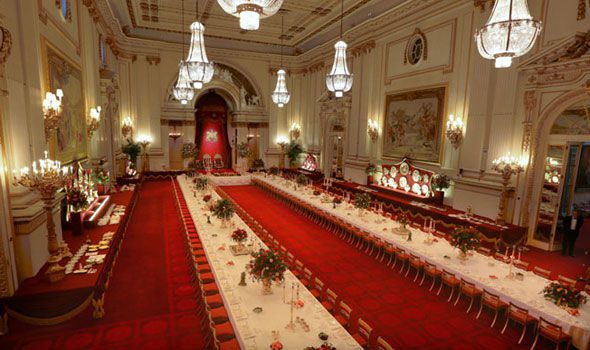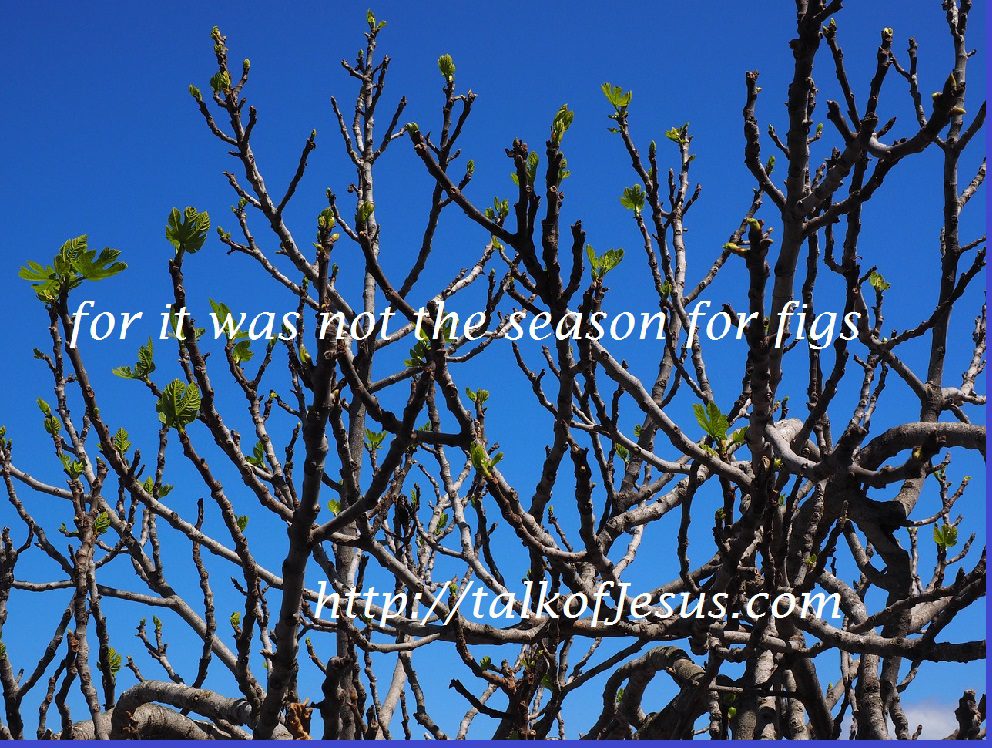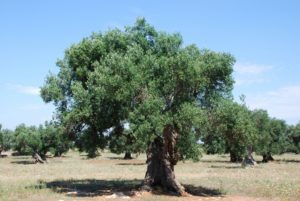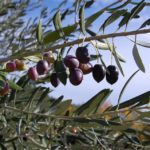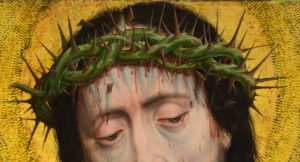“So nation was destroyed by nation, and city by city, for God troubled them with every adversity. – 2 Chronicles 15:6 NKJV
Chronicles is more than just recording the history of the hebrew people. Kings and other historical books of the Bible record the events of a nation. Why would someone write out a history of events which will only be read by generations to come? God knows.
In Looking Back – Nations in the eyes of the LORD we examined history from the perspective of God. Why would the LORD allow His chosen people to fall into captivity? In fact, the Lord had warned Israel to keep her covenants since the time of Moses.
We observed that events predicted by Prophets would be like someone in pre-colonial days accurately predicting the amazing power of the United States today.
The Lord knows what will happen, revealing future events to Prophets. Surely the Lord holds power over the nations and reveals events impacting His chosen people Israel.
The Lord had a hand in the fall of Jerusalem many times and also in the rebirth of Israel in the 20th century.
Two Perspectives – Looking Ahead and Looking Back
Looking back on the nations by the Lord always comes from an all-knowing perspective of everlasting to everlasting. ‘God only knows,’ would be man’s best expression.
Human perspectives of mankind measured in years can look ahead in speculation or back in retrospection. The chronicles of years of mortal men record history as it happened or as events take place presently. Some Prophets with longevity like Daniel reveal the future from the Lord, then live to record some fulfillment. Even the Psalmists reveal prophesy from the Lord in songs of present praise or lament.
Moses chronicles the journey of the Hebrew people to and from slavery in Egypt. Yet the Lord reveals not only the Law through Moses, but also prophesy as Moses records history.
Do the warnings of Deuteronomy not reveal precisely how Israel would turn away from the Lord?
 The book of Kings records the history of a United Israel and division into the kings of Judah and kings of Israel. Kings reveals which kings ‘did evil in the sight of the Lord’ or what good they accomplished. It continues with defeats, captivity and restoration in an account nearly parallel to Chronicles.
The book of Kings records the history of a United Israel and division into the kings of Judah and kings of Israel. Kings reveals which kings ‘did evil in the sight of the Lord’ or what good they accomplished. It continues with defeats, captivity and restoration in an account nearly parallel to Chronicles.
So what’s the difference in these two books? (One scroll practically reads like the other.)
1 & 2 CHRONICLES
The ACTS of the Old Testament
I want to attribute the apt description above and following explanation of this historical book [a single scroll in Hebrew] to Dr. J. Vernon McGee.
WRITER: Probably Ezra. There is a striking resemblance in style and language to the Books of Ezra and Nehemiah. Evidently Chronicles was written during the Babylonian captivity… probably between 450 and 435 B.C.
Ezra records events which go back to and before the chart above, again, like you or I might do to record historic events for centuries preceding us. Again, Dr. McGee observes:
COMMENT: Many treat Chronicles and Kings as if they were “Cabbages and Kings.” Are the Chronicles a duplication of Kings? Although they cover the same ground from Saul to Zedekiah, they are not duplications…
In Kings, the history of the nation is given from the throne; in Chronicles, it is given from the altar. The palace is the center in Kings; the temple is the center in Chronicles. Kings records the political history; Chronicles records the religious history…
Kings gives us man’s viewpoint; Chronicles gives us God’s viewpoint (note this well as you read Chronicles; it will surprise you).
To be continued…

